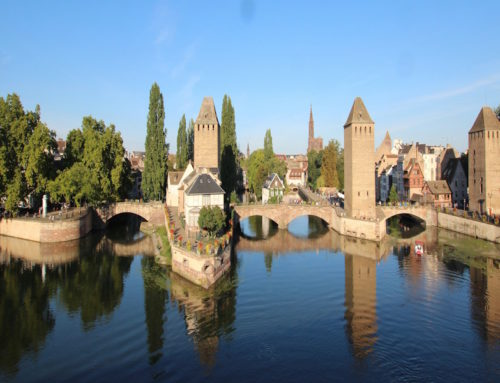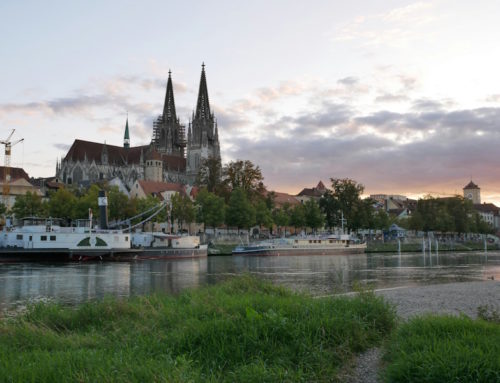Innocent love or sin? Imagine a boy who has just turned 14. It should be a time of innocent joy, a time when the world feels full of possibilities. But for him, it’s the beginning of confusion and isolation. He starts to notice changes in his body – feelings he doesn’t quite understand. One night, out of curiosity and a strange, nameless longing, he dares to touch himself. He feels a spark of pleasure, something sweet and strange. But as days pass, he begins to wonder: Why do I feel this way? Why do certain people make me want to feel this again?
As he grows older, the answers become clearer, and with them, the shame grows heavier. The voices around him – at school, at home, even in the quiet spaces of his mind – whisper the same cruel words: People like you are not normal. People like you are sick.
By the time he is 17, the weight is unbearable. Every smile feels forced, every laugh hollow. He can’t stop hearing those words, echoing louder and louder: You’re wrong. You’re broken. One night, he can’t take it anymore. Alone in the dim light of his bathroom, he picks up his father’s razor. His hands are shaking as he presses it to his neck, tears streaming down his face. He’s terrified but feels he deserves the pain. The sharp sting of the blade shocks him, and when he sees the blood, fear grips him. But mixed with the fear is something darker – a voice that whispers, This is what you deserve. You’re sick.
Thankfully, the cut is shallow, and the night passes without tragedy. But the scars – on his body, on his soul – remain.
In the months that follow, he summons the courage to face his truth. One evening, he sits his parents down. His voice trembles as he says the words he has been terrified to speak: “Mom, Dad… I’m gay.”
He hopes for love, for understanding. Instead, he sees the horror in their eyes. “We’ll fix you,” they say. “We’ll find a doctor. You’ll get better.”
And he believes them. Because he loves them. Because he thinks they know what’s best. And because, deep down, he still wonders if they’re right – if he really is broken.
What follows is a quiet kind of hell. Doctors who look at him like he’s diseased. Church pews where he kneels in desperation, while a priest begs the devil to leave his body. Sleepless nights filled with silent tears, and days spent wondering if everyone around him already knows his secret. He starts to feel like a ghost in his own life – there, but not really alive.
Years pass, and the boy grows into a man. He meets people who seem to accept him, who make him feel like he can finally breathe. For the first time, he starts to express himself, to let his true self show. But even then, the whispers follow him.
“Why do you have to make everything about being gay?”
“Why can’t you just be happy and stay quiet?”
“Why do you need so much attention?”
He doesn’t understand. These people didn’t live his life. They didn’t cry themselves to sleep, begging to be normal. They didn’t endure the cold stares of doctors or the suffocating prayers of a priest. They didn’t carry the burden of being told, over and over again, that their love is a sickness.
For too long, he lived in silence. He hid himself, buried his pain, pretended to be someone he wasn’t. But now, he knows the truth: acceptance isn’t enough. Being tolerated isn’t the same as being free.
He dreams of a world where he doesn’t have to think twice before holding the hand of the person he loves. Where he doesn’t have to save his kisses for the privacy of home because, in public, they might provoke hatred. Where love is just love – not a reason for shame, not a crime.
Imagine living in a world where your love is hidden, where every moment of happiness is shadowed by fear. Imagine being told, day after day, to be grateful for scraps of tolerance when all you want is to live openly, without shame.
The boy who became a man knows now that love should never be hidden. He knows that freedom isn’t just about survival – it’s about the right to exist fully, to love fully, to live fully. And he knows this: he has been silent for too long.










Leave A Comment